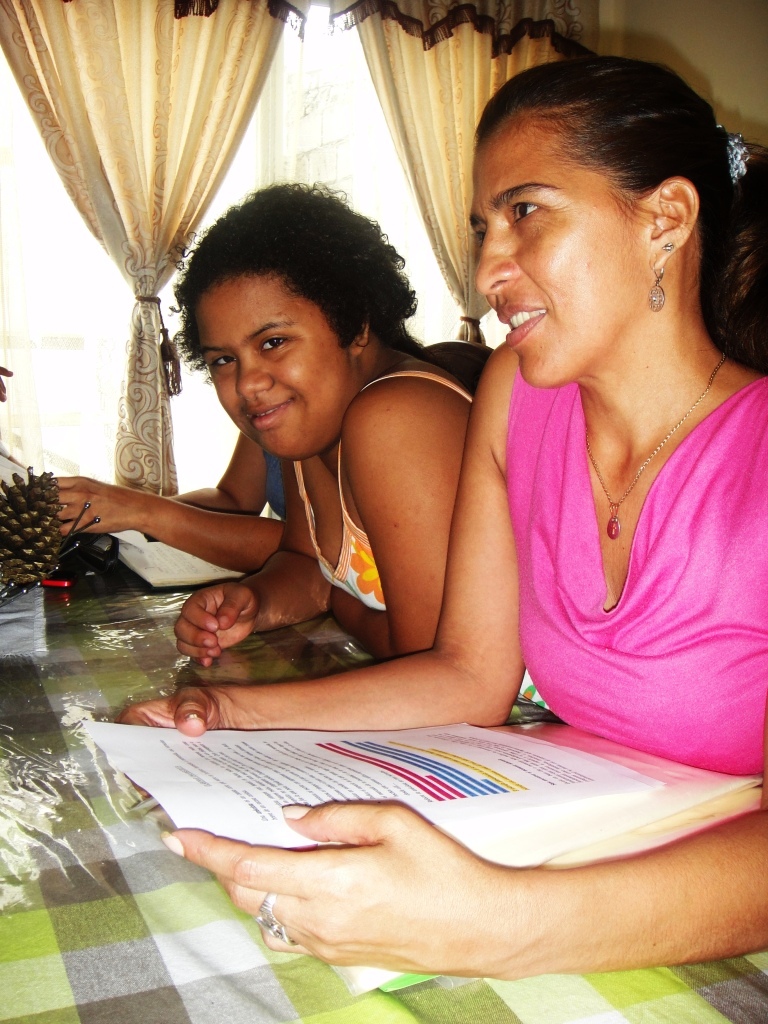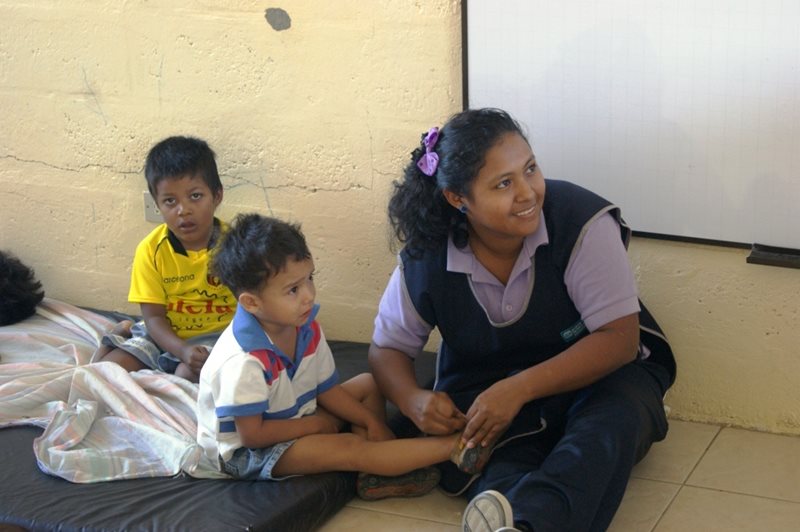Rural areas are disadvantaged due to lack of services

Guayaquil, located in the Guayas province on the Pacific coast, is Ecuador’s largest city with around three million inhabitants.
Guayaquil is an important commercial, financial, political and cultural centre. Its port is one of the biggest and busiest in the entire region, with 70 per cent of Ecuador’s exports and over 80 per cent of imports passing through it. One in five people have moved here from other provinces, mostly in search of work.
On average, in the province, 27 per cent of people are poor. However this figure can be much higher in some rural areas – up to 95 per cent. Rural areas also lack employment opportunities and basic services such as safe drinking water, sanitation facilities, schools and hospitals.
This is also true for new settlements which have been built on the edge of cities. Some of these are located on the hills surrounding Guayaquil, making them very unsafe for their inhabitants due to insufficient precautions against landslides.
Children often leave school and are forced to work
There are 1.6 million children living in the Guayas province. Over 106,000 children aren't cared for by their parents. Children in rural areas are especially at risk of being neglected, abused or abandoned. However there are also high levels of abuse and violence in urban areas – the city of Guayaquil itself is known as Ecuador's most dangerous city.
The government has recently invested in education, but currently around 12 per cent of adults are still illiterate. Most children attend primary school, but the figure then drops drastically and only 50 per cent of those aged between 15 and 17 are in school. Children leave school for economic reasons – they swap the classroom for work. In some rural areas children start working from age 10, in the family fields or helping with domestic chores. In the most disadvantaged rural areas, up to 20 per cent work.
What we do in Guayaquil

SOS Children’s Villages started working in the city of Guayaquil in 2007. We are currently supporting vulnerable families throughout the province.
Strengthen families: The SOS Family Strengthening Programmes aim to help families stay together by providing them support. These include childminding programmes, which enable working parents or single mothers to leave their children in safe hands while they attend training or go to work.
We also organise educational events for adults. Such events are organised by the community itself, with SOS Children’s Villages providing training and support.
Care in families: Children who have lost parental care find a new home in SOS families. They live with their brothers and sisters, and are cared for by an SOS parent. The SOS families live distributed throughout the region, and are fully integrated into the community. Children in our care attend the local schools and kindergartens alongside other children from the neighbourhood. Wherever possible, children stay close to their family of origin and the community where they grew up.
Support for young people: Young people often struggle to find work and become independent in the Guayas province. Our counsellors help young people complete their education or training, take on new responsibilities and prepare to live on their own.